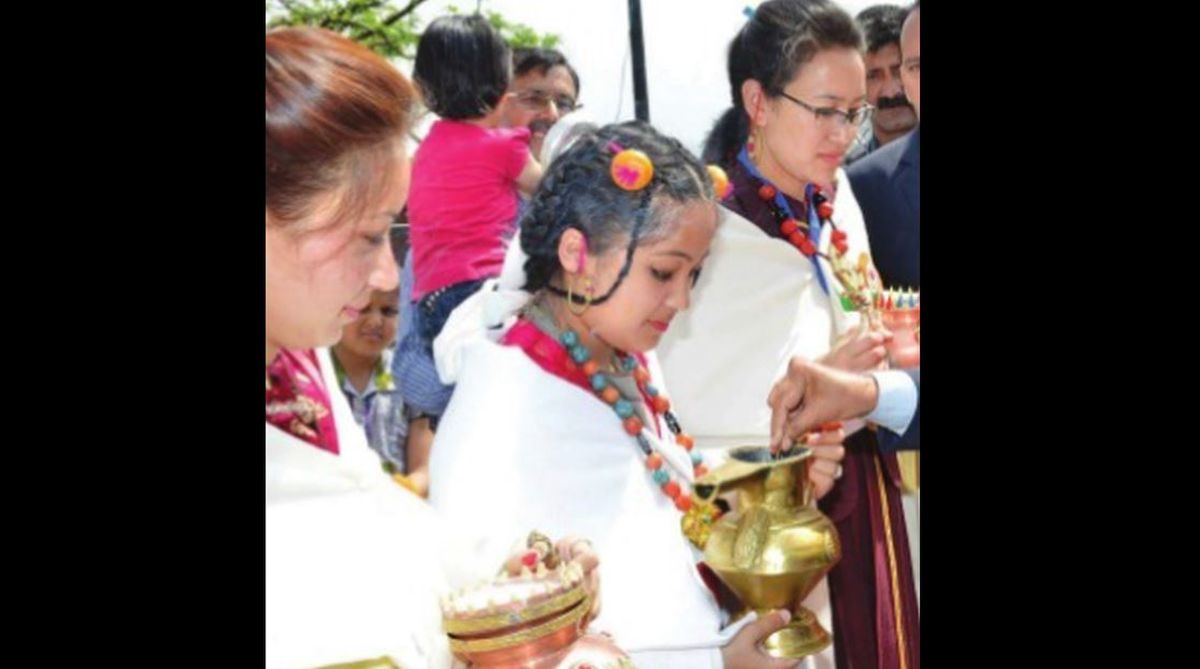“Youngsters in tribal areas don’t have to wait for traditional freedom now to ‘elope with their beloved’ on 15 August to tie the nuptial knot legitimately. Education has made them confident to put forth their views on marriage frankly at home,” said Suresh Kardo, 48, from Kardang village near Keylong in Lahaul Spiti district of Himachal Pradesh.
A graduate and a farmer, Kardo married a teacher from Kinnaur a few years ago, sharing his choice with his parents without any hitch. “Yes the times have changed. Most of us find this socially acceptable opportunity embarrassing and cumbersome. Why flee if we can get it done with the consent of parents,” said Kamla, 24, from Jispa in Lahaul.
Advertisement
She is studying in a professional college in Punjab and said she would like to convince her parents about her choice of husband. The winds of cultural change are sweeping the tribal Lahaul valley as girls and boys are opening up and leaving the tribal area for studies and jobs.
All these years, when the entire country celebrated Independence Day on 15 August, a tribal fair was held in Lahaul with youth enjoying the freedom to elope with the person of their choice for marriage.
The tribal fair is still organised with gusto but the eloping custom is becoming a thing of the past. An odd case or two of missing boys and girls was reported at the three-day tribal fair (14-16 August) at Keylong lately but there are still exciting stories of romance that may not always have the “happily ever after” ending. According to locals, the elopement is to be planned and executed very carefully.
If a boy and girl are caught while escaping, the boy risks being beaten up by the crowd and there is a chance that the parents of the ‘to-be-bride’ refuse to allow her to marry the boy.
“These days, it includes the consent of the girl, which is normally done to avoid the expenditure involved in traditional marriage,” said Ramesh Thakur, 78, of Keylong. Two of his sons chose to follow this tradition to get married.“One of them took to this route after we showed some resistance for his marriage with the girl of his choice,” Thakur said with a smile.
The phenomenon had been finding favour with girls, whose parents refuse to marry them to the boy of their choice. As per the tradition, once the girl runs away with a boy during the tribal fair and changes her clothes, her parents have to accept the marriage.
Interestingly, the couple has to go underground for a few days. During that period, the groom’s parents approach his ‘in-laws’ with a well decorated bottle of liquor. After they assure the girl’s parents that she will be safe in their home, the marriage is readily accepted. There is no concpt of dowry in tribal society.
Whatever money is spent is by the groom’s parents, who have to deposit an amount for the girl’s ‘security’. However, elders in tribal areas are perturbed because the phenomenon of dowry is creeping into marriages now. They say it is because of the exposure of Lahaul youth to the outer world.
“Most youngsters, boys and girls, are now going out and getting married either there or come back for marriage. But the values have changed and the evil of dowry is becoming a part of the tribal culture. In whatever way the marriage is solemnised, the tribals have started expecting dowry from the girl’s parents and that’s bad for the tribal culture,” said Angmo, 48, from Kukumseri.











